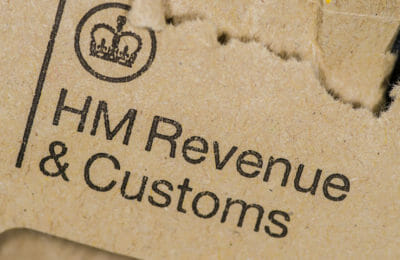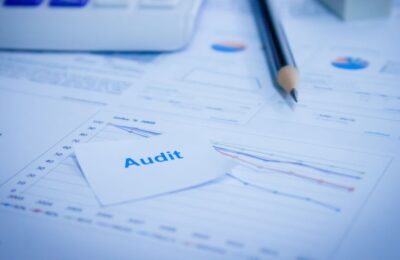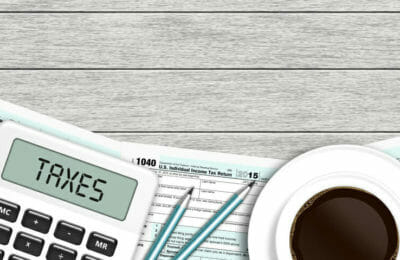One of the questions new clients often ask us is this: “Do I need to submit a tax return?”
Sometimes the answer is straightforward. If you’re self-employed, for example, the answer will almost certainly be: “Yes”. However, many people in different circumstances don’t always realise that they are required to submit a Self-Assessment Tax Return. In this post, we take a look at who does need to complete a return each year.
Do I have to be notified by HMRC?
Every year, millions of people receive a notice from HMRC asking them to file a Self-Assessment Tax Return. However, people’s circumstances change. For example, if you have made the switch from self-employment to becoming an employee, you may not have to file a tax return any more. In such a case, you should notify the taxman of the change. Similarly, your situation may have changed in such a way that you have to start submitting tax returns. In other words, a notification from HMRC (or a lack of one) does not necessarily define whether or not you should complete a Self-Assessment Tax Return.
HMRC’s Self Assessment Manual
HMRC publishes a Self Assessment Manual, which lists the criteria for needing to submit a tax return. This is reviewed each year but hasn’t really changed since 2018.
Check online whether you need to submit a tax return
Perhaps the simplest way of answering the question, “Do I need to submit a tax return?”, is to use HMRC’s online checking tool. This tool asks you some simple questions to determine whether you need to take part in Self Assessment. You can find the tool here.
So, who does need to submit a tax return?
This list is not exhaustive, but you should normally submit a tax return if you:
- Are self-employed or a partner with turnover exceeding £1,000 (including foster carers)
- Have property income over £2,500 (for example, you are a buy-to-let landlord)
- Have pre-taxed income from savings, investments or dividends exceeding £10,000 or more
- Currently have a live PAYE record and have income of £100,000 or more
- Are liable for Capital Gains Tax (although there are exceptions – please talk a THP account manager for more details)
- Are liable for the High Income Child Benefit Charge
- Claim for employment expenses of £2,500 or more
- Have other untaxed income of £2,500 or more.
There are also other criteria which apply to relatively small numbers of people. For example, if you are an MP, a minister of religion, a share fisherman or are liable to tax on an unauthorised payment from a pension scheme, you should complete a Self Assessment Tax Return. If you need further advice, please talk to us.
When do I need to submit a tax return?
If you do need to submit a tax return, you must file it by 31st October following the end of the tax year (for paper returns) or by 31st January (for online returns). However, it’s often a good idea to prepare earlier – by working with your THP accountant in advance of the deadline, we may well be able to find tax savings and reliefs you weren’t aware of!
About Karen Jones
Having worked for one of the world’s largest accountancy firms, Karen Jones uses her tax knowledge and skills to help clients obtain substantial reductions to their tax liabilities.
With an expanding portfolio of tax clients, Karen enjoys the variety her work brings her and particularly likes working with new businesses and people. With a growing number of tax clients, she frequently faces a variety of challenges and relishes the experience she gains as she solves them.
Karen likes the THP ethos: “I like the way the team has a professional, but friendly and down-to-earth approach – it creates a productive atmosphere that benefits everyone.”
Karen’s specialist skills:
- Personal Taxation
- Tax Efficient Planning
- Trust Administration












